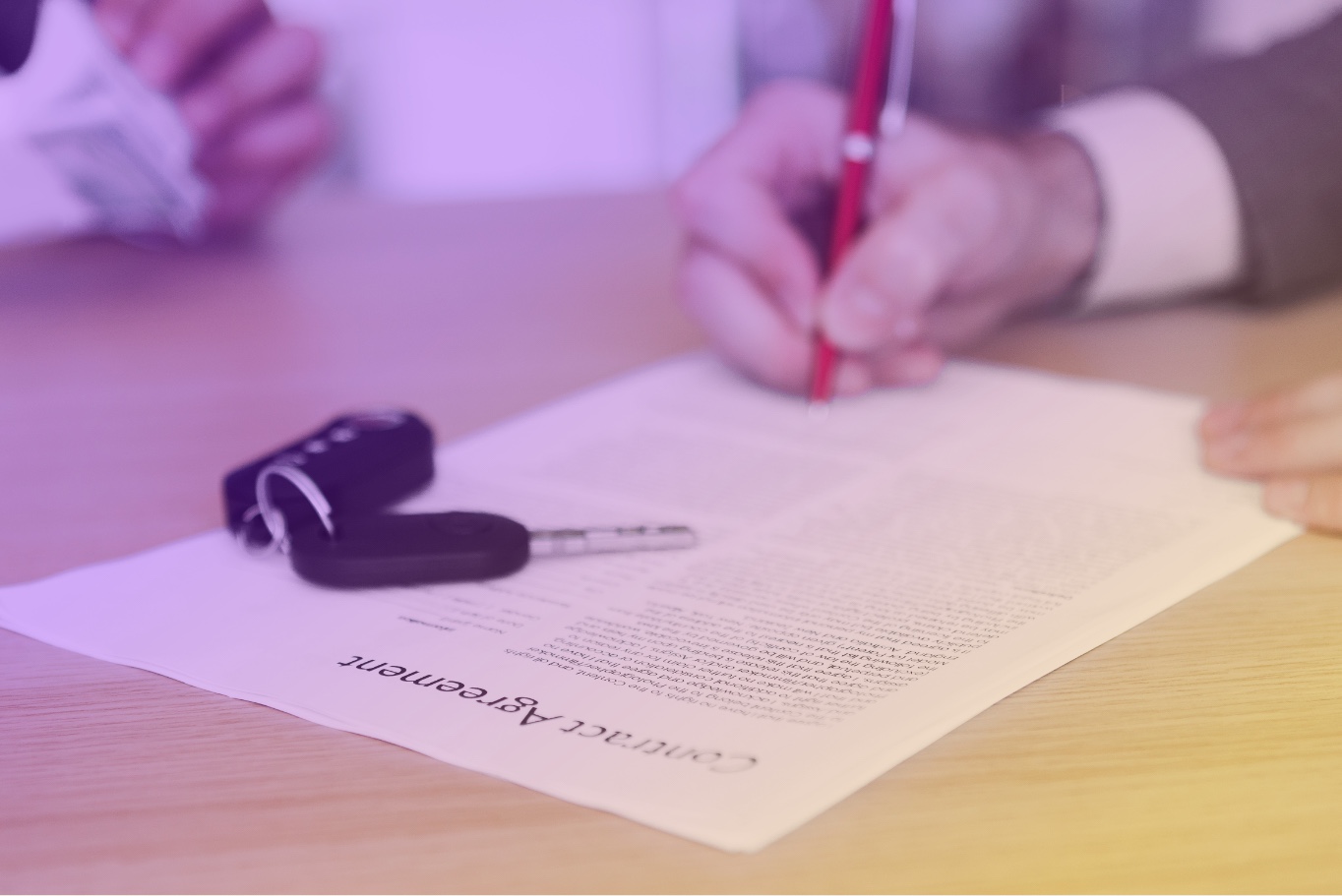 Back
Back
Everything You Need To Know About PCH Car Finance
On Monday, June 3, 2019 -
Car finance has become more and more popular in recent years. So much so, that in 2018 some £19 billion worth of car purchases were made using car finance. One type of car finance that’s become particularly popular in the last few years is PCH car finance. But, what is it, how does it work, and most importantly, is it right for you? Let’s find out.
What is PCH Car Finance?
PCH stands for Personal Contract Hire. The key word here being hire: PCH is a lease agreement. You won’t own the car at the end of it, or have the option to buy it.
Leasing a car gives you the freedom to change car every few years, without as much of the financial outlay. You can get a brand new car, pay a monthly fee for it, and then hand it back at the end of the agreement and start again with a new car and a new lease agreement. Of course, this means you’re paying a significant amount of money over time for something you won’t end up owning, but some people don’t mind that!
PCH can work well for people who want a brand new car, but may not otherwise be able to afford it, and aren’t bothered about owning the car at the end of the agreement. It won’t work as well for people who only have a short-term need for a car, as PCH is a long-term rental agreement and it can be costly to end a PCH agreement early. Likewise, if it’s important to you that you own your car at the end of any finance agreement, or at least have the option to buy it, then PCH isn’t for you.
How does PCH car finance work?
PCH car finance is a rental agreement, but you will still be credit checked as part of your application. This is because even though they aren’t technically lending you money, leasing companies are handing over a valuable asset, and so want some assurance that you can afford to make the monthly payments you’re committing to, and that you will make them.
In terms of the set up, PCH works quite similarly to PCP car finance plans. With both, you’ll pay a deposit amount, followed by monthly instalments. The deposit on a lease agreement is the equivalent of a set number of monthly payments. But, unlike PCP, at the end of a PCH agreement you won’t have the option to pay a lump sum to buy the car. With PCH, at the end of your agreement, you simply give the car back and walk away, or start a new lease agreement on a new car.
Another similarity between PCH and PCP is that when you sign up to a PCH agreement you will agree to a set of terms and conditions. These will include keeping the car in good condition, having it serviced regularly, and keeping within the mileage allowance you agree with the finance company. PCH deals sometimes include a maintenance package that covers some of your running costs, like car tax and routine servicing, so the extra you’ll have to pay on top of your monthly payments is kept to a minimum.
The one cost that PCH deals don’t cover, though, is car insurance. So, you’ll be responsible for arranging your own insurance policy for the car you intend to lease. It’s important that you do this as even though you won’t own the car at the end of the plan, having insurance is a legal requirement of driving. Having fully comprehensive insurance is usually one of the conditions you’ll agree to when you sign up to a PCH plan, too.
How much will you pay on a PCH deal?
The payments you’ll make on a PCH plan are generally cheaper than if you were going to own the car at the end, as you’re not expected to pay for the car’s full value over the course of your agreement. How much you pay for a PCH deal depends on a few things:
- The car – this is the big one, as payments for high-spec or prestigious cars will be higher than the payments for low-spec or car brands that are suited to smaller budgets. Cars that hold their value well will also come with lower monthly payments than those that deprecate quickly.
- The length of your agreement – PCH agreements are usually between two and four years long, and your payments will be determined by the length you go for. It isn’t always the case that the longer your agreement, the smaller your monthly payments, so watch out for this and choose the length that offers the best value for money.
- The deposit you put down – the deposit on a PCH agreement is the equivalent of a set number of monthly payments. The bigger your deposit, the less each of your monthly payments will be. But, because the cost is worked out over the entire length of your PCH plan, whether you pay a big or small deposit, you’ll end up paying the same amount over the course of the plan.
- Your expected mileage – as you might expect, the more miles you plan to put on the car, the more you’ll end up paying for the lease. You’ll agree your mileage cap up front with the finance company, so try to be as accurate as you can about the mileage you’ll be doing. It’s much cheaper to pay a small amount more each month for a higher mileage allowance than it is to pay the penalty fees for having done more miles than you were allowed to!
What happens at the end of a PCH deal?
When your PCH deal comes to an end, then you’ll simply return the car, and that’s that. The only sticky point would be if you’ve exceeded your mileage allowance, or are returning the car damaged beyond reasonable wear and tear. If this happens, then you can expect to pay to fix any damage, or be charged a fee for the number of miles you’ve gone over by. This fee varies depending on the leasing company, so can get very expensive very quickly if you’ve gone over by a lot.
Once you’ve returned the car, then you can choose to start a new lease agreement on a different car, and you’ll need to put down a new cash deposit and commit to new monthly payments for a set amount of time.
Can I end a PCH plan early?
While you can end a PCH early, you don’t automatically get a right to do this. If you want to end your lease agreement early, the leasing company may ask you to pay all of the remaining monthly payments to settle the agreement. This would leave you massively out of pocket, and without a car to show for it! They may be more open to letting you out of your agreement early at minimal cost if you ask them if you can switch your lease to another vehicle. There’s no guarantee that they’ll go for it, but if you don’t ask, you definitely won’t get.
What happens if I can’t keep up with the payments on a PCH?
If you can’t keep up with the payments on your PCH agreement, then you should contact the lease company as soon as possible so that they can help. They might offer to extend the length of your lease, which could reduce your monthly payments to something more affordable. There might be other arrangements they can come to with you, too. In the worst case situation, the leasing company could take the car back.
How does PCH compare to other types of car finance?
The main difference between PCH and other types of car finance is that you won’t own the car at the end of the agreement, and you won’t have the option to buy it. And unlike other finance options, it’s limited to brand new cars: PCH deals on used cars are extremely rare.
If owning the car is important to you, or you’d rather have a used car than brand new, then a car finance agreement like a PCP plan or Hire Purchase might be more appropriate than a PCH, but only you can decide.










